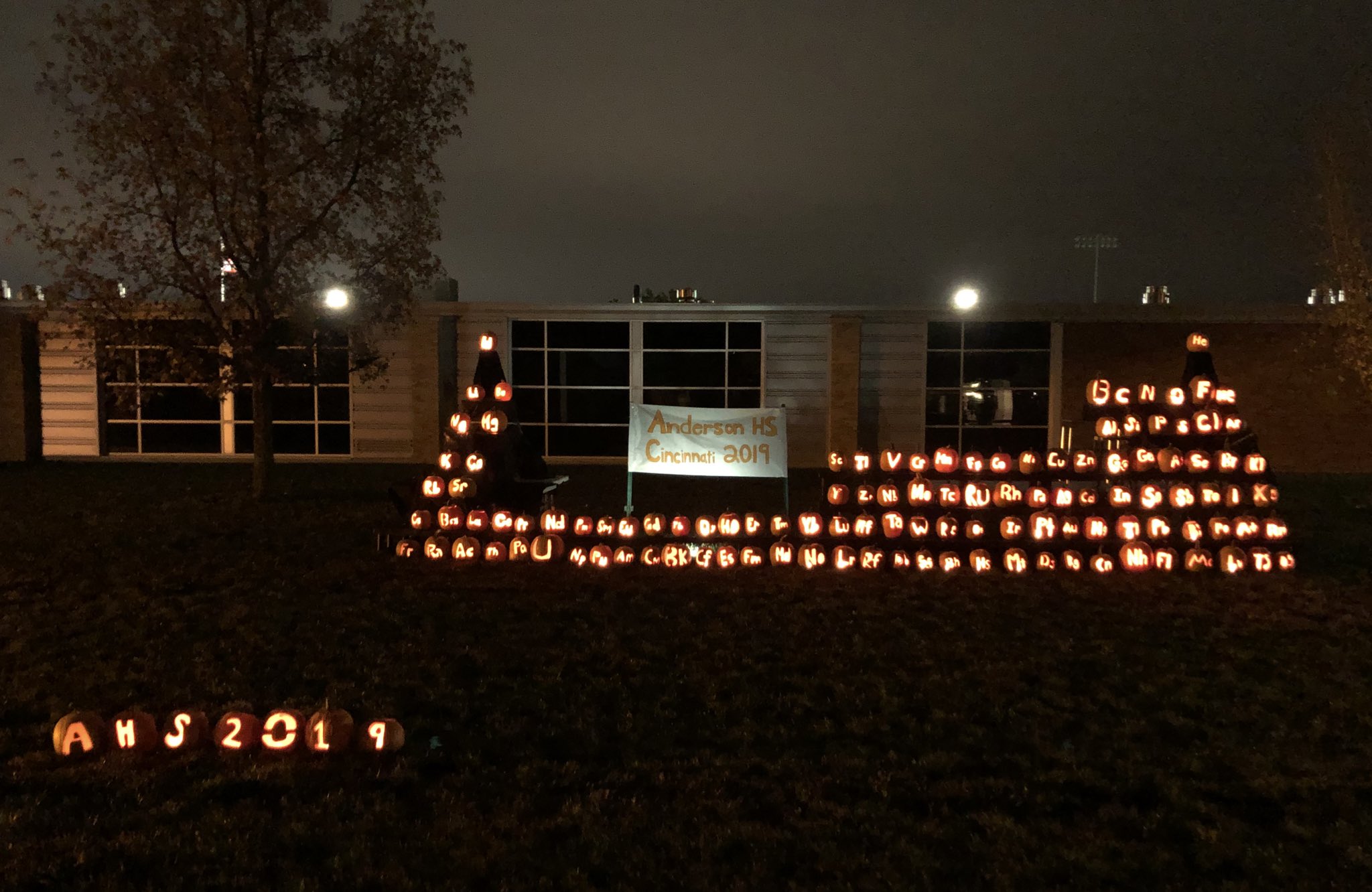My favorite DST story - this guy got two DUIs an hour apart at the same time:
The end of daylight saving time caused a unique situation in Urbana on Sunday morning. Police there arrested a man twice in one day, but at the same exact time.
Chief Matt Lingrell explained that Niles Gammons of Urbana was arrested for operating a vehicle while intoxicated at 1:08 a.m., then released with a summons to appear in court this week. An hour later, it was again 1:08 a.m. and police caught Gammons driving under the influence once again.
Also:
Here are excerpts from John Miller's classic rant:
Can we please slow down and get something straight? There is simply no way to “save daylight.” People can spin the hands of their clocks like roulette wheels, but come Monday here in Washington, D.C., we’re still going to have sunshine for about 12 hours and 45 minutes. The sun can rise at a time of day we call dawn or Howdy Doody Time or whatever–but the stubborn facts of astronomy are at work here and they can’t be wished away.
The reason we have Daylight Saving Time (DST), of course, is because the politicians have mandated it. Washington is much better at wasting things than saving them, but federal lawmakers nevertheless spent much of the 20th century insisting, with typical modesty, that they could “save daylight.”
I recently wondered exactly why we observe Daylight Saving Time (DST). For some reason, I had harbored a vague notion that it had to do with farmers.
Well, it turns out that DST had nothing to do with farmers, who traditionally haven’t cared much for it. They care a lot less nowadays, but when the first DST law was making its way through Congress, farmers actually lobbied against it.
Dairy farmers were especially upset because their cows refused to accept humanity’s tinkering with the hands of time. The obstinate cud-chewers wanted to be milked every twelve hours, and had absolutely no interest in resetting their biological clocks–even if the local creameries suddenly wanted their milk an hour earlier.
As Michael Downing points out in his book, Spring Forward: The Annual Madness of Daylight Saving Time, urban businessmen were a major force behind the adoption of DST in the United States. They thought daylight would encourage workers to go shopping on their way home. They also tried to make a case for agriculture, though they didn’t bother to consult any actual farmers. One pamphlet argued that DST would benefit the men and women who worked the land because “most farm products are better when gathered with dew on. They are firmer, crisper, than if the sun has dried the dew off.” At least that was the claim of the Boston Chamber of Commerce, chaired by department-store magnate A. Lincoln Filene. This was utter nonsense. A lot of crops couldn’t be harvested until the morning dew had evaporated. What’s more, morning dew has no effect whatsoever on firmness or crispness.
Perhaps farmers should take one for the team–i.e., put up with DST even though they don’t like it because it keeps city cash registers chinging into the twilight. Yet the contention that DST is good for business is doubtful. It may help some businesses, but it also stands to reason that other ones suffer. If people are more likely to browse the racks at Filene’s Basement in the daylight, then they’re probably also less likely to go to the movies or take-out restaurants. And in the morning, when it’s darker during rush hour, commuters are perhaps disinclined to stop at the corner store for a newspaper or the coffee bar for a latte. Although it’s impossible to know the precise economic effects of DST, any attempt to calculate them carries the malodorous whiff of industrial policy.
Read the whole thing.
Here's a recording of an anti-DST song from 1909 entitled We Don't Want More Daylight.
Some general information about the history of and rationale for DST.
Video: The history and effects of DST:
Daylight Saving -The Movie (because twice a year, there comes a time when... time doesn't come):
That time an Irish bomber accidentally blows himself up because he forgot about Daylight Saving Time.



